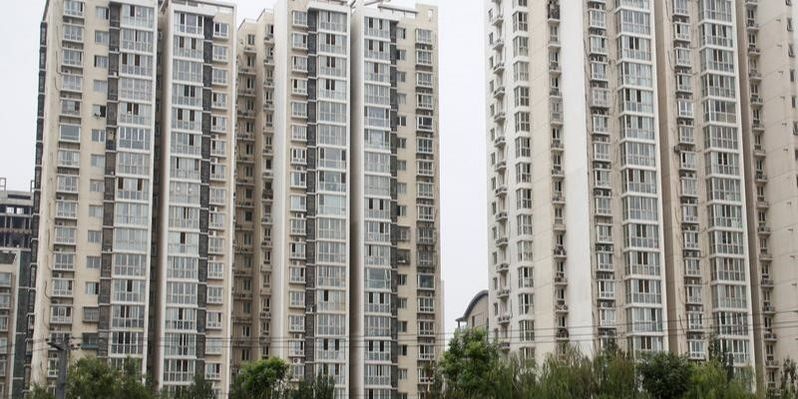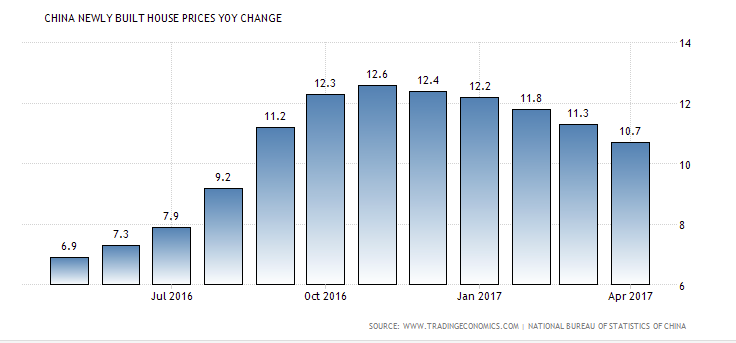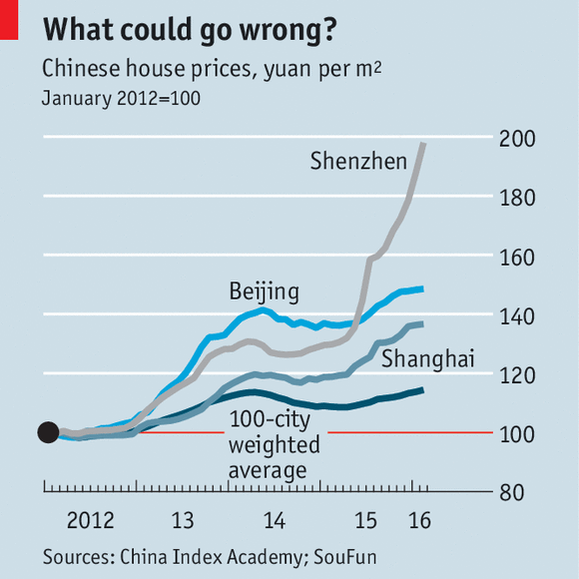|
Housing Investments Keep Rising
19/05/2017
chinaurbanisationnews
Even though intensified government controls to rein in the market continue to take effect, real estate investment keeps rising, suggesting robust growth of China's property market.
Read the original article at Reuters, Shenzhen Daily
2017/04/17
Face Recognition For Rental Housing 2017/03/01 Up or Down? (January 2017) 2017/02/07 Up or Down? (December 2016) 2017/02/06 Up or Down? (November 2016) |
|
Services |




